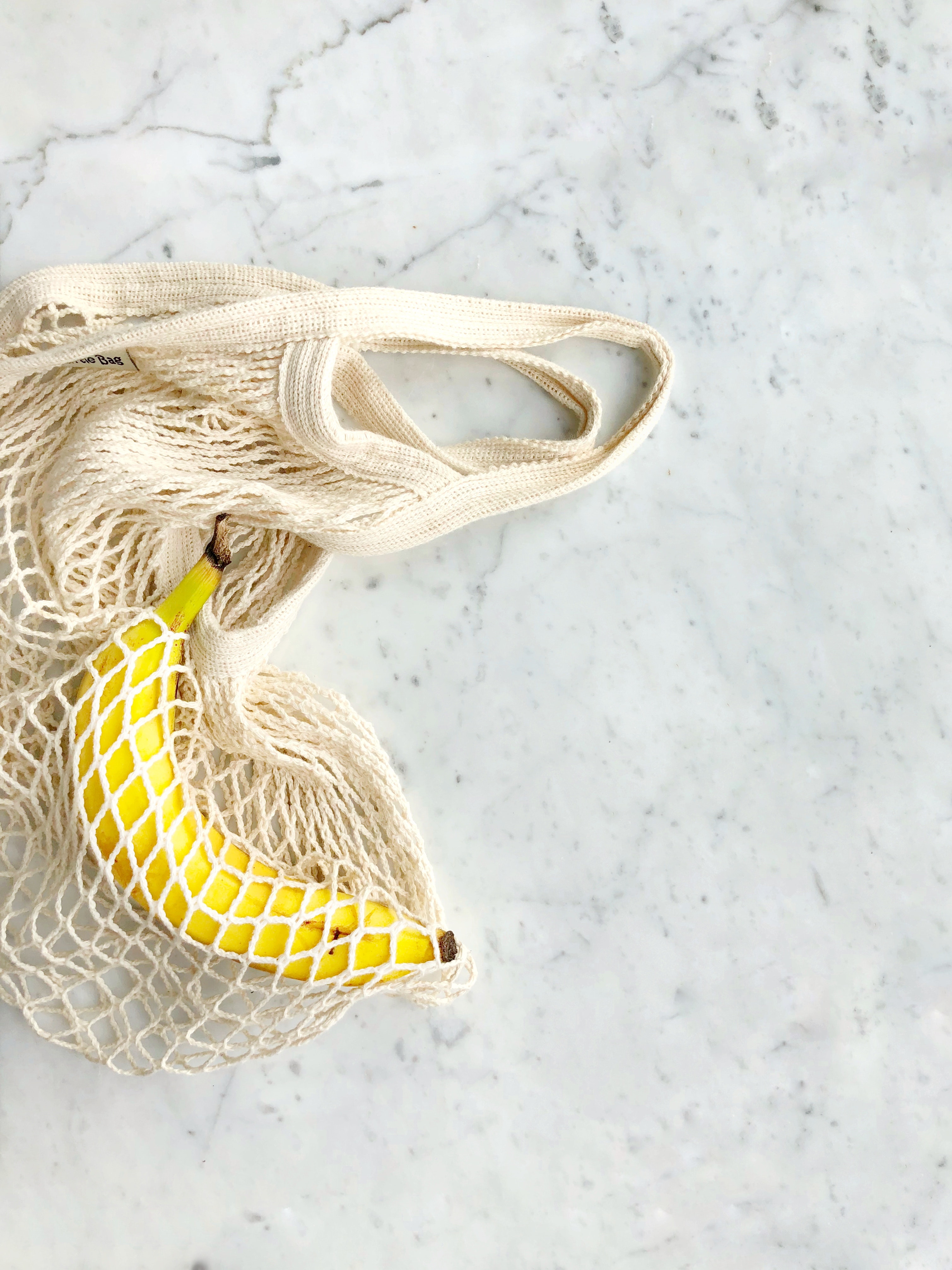It’s incredibly common now to see recipes telling us to “ditch the banana,” swapping in steamed cauliflower, avocado, or squash as “low sugar alternatives”. Even more common it seems, is hearing health conscious people say that they avoid bananas altogether. Now, avocados, cauliflower, and squash are wonderful foods, but with all this talk about avoiding or replacing bananas, you can’t help but think… when did bananas become the enemy?
So, this leads us to a very important question. Should a generally healthy person be worried about the sugar content in bananas? Should we be avoiding them in general?
All in all, the answer is “No!”
But before we dive deeper, it’s important to mention that there are exceptions to every nutritional recommendation. For example, if you’ve been diagnosed with a condition that can be triggered or worsened with high carbohydrate foods, or you’re on a LOW-FODMAP protocol, then of course, please use discretion when adding bananas to your diet.
But for the average healthy person, there are so many health benefits bananas offer that are overlooked when we just talk about their sugar content, so let’s take a moment to defend this wonderful fruit.
DON’T LET YOURSELF GET TRIPPED UP OVER SUGAR
Yes, bananas contain sugar (so does almost every food to some extent), but it’s important to remember that we should never look at the sugar content of a food without taking into consideration how many other nutrients it contains, because all of these factors play an important role in how this food affects the body.
The most common types of sugar found in ripe bananas are sucrose, fructose and glucose, and they have a glycemic index of 42-58, depending on their ripeness, which is relatively low. Why? Because of their high starch and fiber content.
If you’re worried about the number of carbs you’re consuming for health reasons, then you can choose a less-ripe (or greener) banana for your snack or recipe. And yes, ripeness really does make a big difference!
But let’s take a step back for a moment and look at everything else bananas bring to the table.
5 REASONS WHY BANANAS SHOULD BE ON YOUR NEXT GROCERY LIST
1. GREAT FOR DIGESTION
Bananas act as a prebiotic (or fiber) in the gut, stimulating the growth of the good bacteria in the bowel. They produce digestive enzymes that help the body absorb nutrients, and they also contain pectin, which helps to regulate blood sugar levels after meals, and helps to gently chelate (or pull) toxins from the body.
When it comes to stress in the GI tract, think of bananas as a cure-all! If you’re constipated, the high fiber content can help to normalize your bowel movements. What if you have diarrhea? No problem! Bananas are gentle enough to soothe the digestive tract and can help restore lost electrolytes and trace minerals.
2. NATURE’S ANTACID
Many people report relief from GERD, acid reflux, and heartburn symptoms after eating just half of a banana. Bananas can also help to relieve pain and discomfort from stomach ulcers by coating the lining of the stomach against corrosive acids.
3. CONTAINS HIGH LEVELS OF VITAMIN B6
Bananas contain lots of valuable Vitamin B6, which is known to have protective effects against Type II diabetes, aid weight loss, strengthen the nervous system, and help with the production of white blood cells.
4. NATURAL SLEEP AID
Potassium and magnesium are natural muscle relaxants, and bananas are a good source of both. They also contain high levels of tryptophan, which is converted into serotonin (the neurotransmitter responsible for making us feel relaxed and at ease) in the brain.
5. CONTAINS NUTRIENTS TO LOWER BLOOD PRESSURE AND BALANCE CALCIUM LEVELS
Bananas are high in potassium and low in salt, which helps to lower blood pressure and help protect against heart attack and stroke. In addition, bananas have been known to help with muscle cramps (hey there again, potassium!), counteract calcium loss, and help with bone strength.
The big takeaway here is that we should never look at just one part of a food in isolation, especially with fruit. People get so focused on the sugar content that they overlook the other incredible health benefits they offer. This is an easy mistake to make when the Internet is filled with low-sugar diets and misinformation, so remember that the best thing you can do is listen to your body, and incorporate these foods into your diet in a way that best suits you and your individual needs!

[…] Want all the details about the benefits of bananas? Check out this blog post! […]